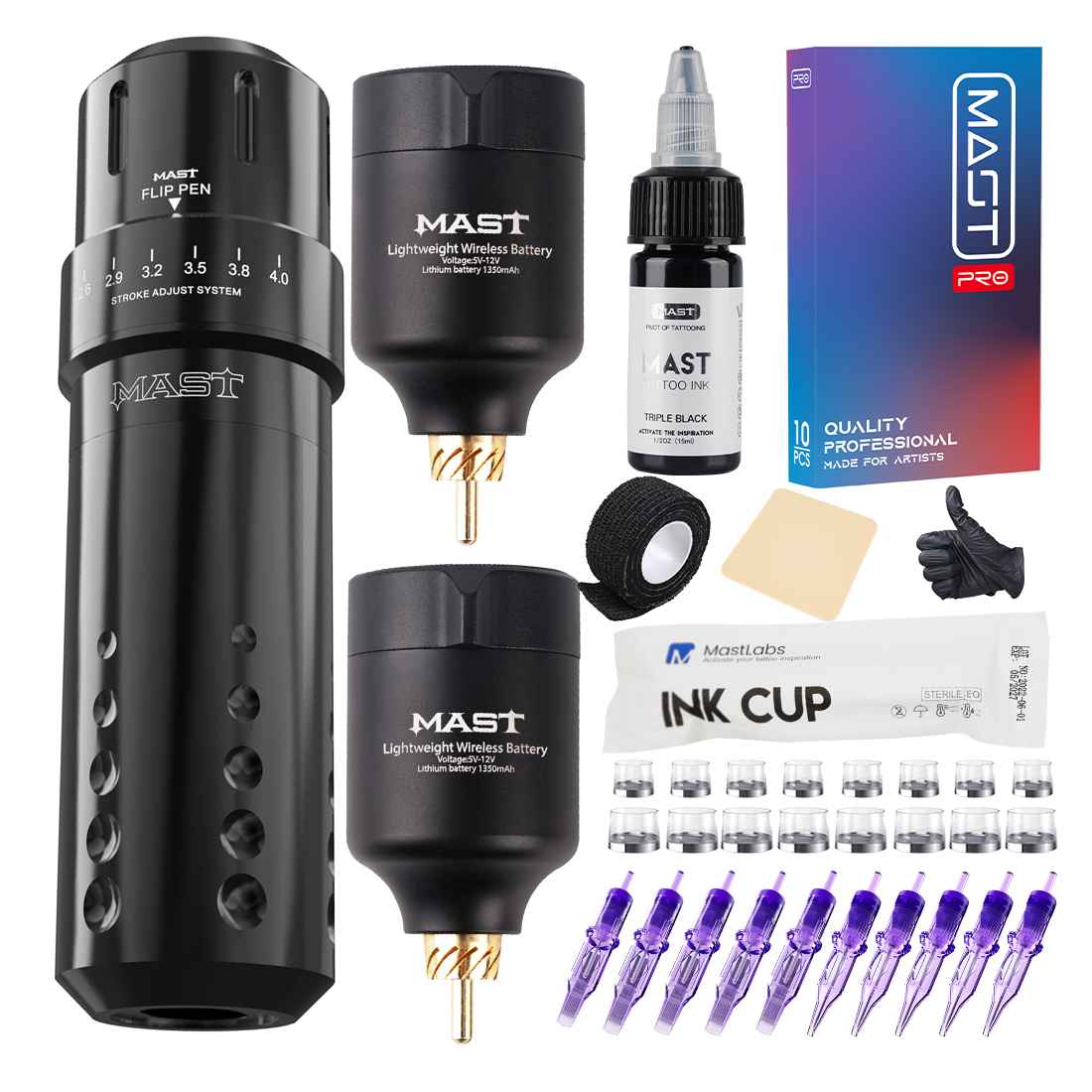In this article, we’ll explore the question, “Can nuns have tattoos?” This question has sparked a lot of interests and so I decided to talk about it.
While cultural attitudes towards tattoos have relaxed over time, there remains confusion around tattoo acceptance within religious communities like nuns.
About nuns and tattoos, sure, nuns can have tattoos, but there are some conditions to it which will be addressed in this post.
Historically quite taboo, modest tattoos are now more commonplace and tolerated in many modern convents with appropriate discretion. Read on to learn about the evolving relationship between nuns and tattoos.
Overview of Nuns and Tattoos
– Traditionally, tattoos were strictly prohibited for professed nuns in Christianity. Their permanence contradicted vows of poverty and humility.
– As secular culture normalized tattoos, some leniency emerged recognizing their artistic, personal meaning vs. solely defiant associations.
– Official doctrine remains restrictive overall, but practical allowances exist in some orders providing:
- Tattoos are modest, hidden and spiritually meaningful.
- Leaders grant case-by-case permission.
– Heavy debate continues around appropriate expression and embodiment theology for women religious.
– Ultimately, orders vary in actual tolerance levels based on their interpretation of doctrine and adherence to conventions.
– Nuns must weigh their tattoo desires against obedience to superiors, public perceptions and devotion ideals.
While still controversial, some space now exists for nuns to consider tattoos compatible with their faith life in certain circumstances.
Also Read: Can a Real Estate Agent Have Tattoos? [Unmasking the Truth]
Brief History of Religious Tattoo Taboos
The Judeo-Christian anti-tattoo tradition stems from:
Hebrew Bible Prohibitions
Passages like Leviticus 19:28 forbid ritual tattooing and body markings associated with pagan mourning and magic rites.
Early Church Teachings
Christian leaders condemned tattoos through the Middle Ages as defacement of God’s image and connection to marginal groups like crusaders.
Monastic Customs
Medieval monasteries and convents prohibited adornments including tattoos under asceticism vows of plainness, poverty and sacrifice.
Victorian Moralism
As tattooing surged in the 19th century, tattoos became linked to sailors, carnivals and deviance, cementing religious stigma.
Defiance Symbolism
Modern tattoos became associated with rebellion and nonconformity against societal norms and traditional values.
This powerful antique religious bias towards tattoos as spiritually problematic shaped traditional restrictions against permanent body art for nuns.
Changing Perspectives in Modern Times
In recent decades, some rethinking has occurred:
Mainstream Cultural Shifts
As tattoos pervaded society, their taboo diminished as a form of alternative self-expression compared to past marginal associations.
Renewed Theology Discourse
Scholars encourage discussion around the overly repressive, negative body perceptions for women historically promoted by church authorities.
Focus on Inner Spirit Over Outer Appearance
There is an increased focus on intrinsic sincerity and devotion over legalism around physical markers of piety.
Personal Choice Emphasis
More progressive members respect the maturity and intellect of religious members to prayerfully discern personal choices.
Rise in Expressions of Feminism
Some nuns feel empowered advocating for autonomy over their embodiment aligned with their faith identities.
Diversity and Modernization Efforts
Leaders seek to shake stodgy perceptions by welcoming more alternative individual expression.
While still contentious, these shifts open doors for nuns navigating tattoos amidst tradition.
Also Read: Can You Have Tattoos as a Teacher? It’s Not What You Think
Official Doctrine on Nun Tattoos
Formal policies remain restrictive:
Obedience Emphasized
Vows of obedience to superiors and church teachings supersede personal desires for tattoos.
Modesty Mandated
Tattoos risk drawing inappropriate attention to the body instead of the spirit. They must be discreet.
Sanctity of the Body
The body is God’s sacred creation. Permanently altering it shows poor stewardship.
Detachment from Vanity
Tattoos for sheer ornamentation, fashion or self-gratification conflict with religious humility.
Temperance Over Excess
As permanent expressions of excess, tattoos violate ascetic ideals of poverty and restraint.
Prudence Over Impulsiveness
The permanence of tattoos discourages impulsive youthful decisions later regretted. Delay is advised.
Major directives still lean restrictive, requiring nuns carefully weigh tattoo choices.
Also Read: Can Architects Have Tattoos? It’s Not Black & White!
Factors for Discernment by Individual Nuns
Those considering tattoos must contemplate:
Personal Prayerful Reflection
Is a tattoo aligned with your spirituality and vocation or contradictory?
Spiritual Significance
Does the tattoo hold sacred meaning or is it purely self-expressive?
Leadership Guidance
What do superiors advise and permit on a case-by-case basis?
Public Perceptions
How do tattoos impact the nun’s evangelizing witness? Avoid damage to the Church.
Long-Term Commitment
Is this a well-considered permanent commitment vs. a passing fancy?
Humility Over Pride
Could a tattoo feed personal vanity vs. glorifying God? Examine motives.
Necessity
Is a permanent tattoo necessary to proclaim your faith when words or rings may suffice?
The decision around tattoos remains a challenging discernment of external authority, internal spirituality and modest public evangelization.
Requirements for Permissible Tattoos
If granted allowance, tattoos should adhere to:
Subtle Locations
Only areas easily covered by clothing or veils. Avoid neck, face, hands or lower legs.
Discreet Sized Designs
Avoid large, ostentatious pieces. Modest symbols or words make the deepest impact.
Restricted Content
No secular imagery. Faith-based designs like crosses, verses, saint symbols or Jesus representations.
Color Limitations
Black, gray or sepia tones. Avoid bright attention-grabbing colors. Earth tones if any.
Leader Approval
Review plans with superiors and ask permission before proceeding.
Professional Quality
Visit a licensed, sanitary tattoo parlor. Avoid health risks of DIY tattoos.
Constraints rightly focus tattoos on quiet personal faith expressions, not flashy ornamentation.
Also Read: Tats and Titles: Can a President Have Tattoos?
Examples of Acceptable Tattoos for Nuns
Tasteful religious tattoos:
– A minimal cross or rosary beads
– Linear depictions of patron saints
– Quotes like “Preach the Gospel at all times. Use words if necessary.”
– Stylized initials or birthdates of loved ones lost
– Washed-out images like folded praying hands
– Hidden sacred heart or Chi Rho ankle tattoos
– “Thy will be done” in script along the ribcage
– Inside of the wrist Latin phrases like “Soli Deo gloria”
– Removable temporary tattoos of ashes on Foreheads
Properly oriented designs deepen spiritual purpose without attracting improper external attention.
Concerns Around Discrimination
Another consideration is tattoo stigma faced by visibly tattooed nuns:
– Perceptions from clergy, orders and laity vary by age, ethnicity and orthodoxy.
– Critiques of failing to uphold modesty and sacrifice standards.
– Policing of decisions incorrectly seen as flouting authority or bringing politics into faith life.
– Undue judgement and obstacles gaining new postings or positions.
– Assumptions about radicalism or progressive agendas based on appearance.
– Undermining evangelization efforts among more conservative or vulnerable groups.
– Important to address bias through grace, patience and appeals to unity in love.
Addressing prejudice against tattoos remains an opportunity to thoughtfully model tolerance.
FAQs on Can Nuns have Tattoos?
Are religious shoulder or back tattoos ok for nuns since covered?
Typically yes, if permitted by superiors and not excessive in size. More liberal orders allow discreet tattoos under clothing that do not draw focus to the body.
Can nuns have tiny finger tattoos?
No, finger tattoos risk visibility during rituals and daily tasks. Leaders encourage tattoos only in areas easily covered by convent attire to maintain modesty.
Do nuns have to remove pre-existing tattoos before taking vows?
Not necessarily, though some convents may require removal. Many exercise compassion for tattoos received during less devout times if a candidate is now fully committed to their vocation.
Can former nuns keep tattoos received while in convent life?
Yes, there are no enforced prohibitions against body art for those who leave religious life. But some elect removal to symbolically move on fully from former vows.
Do all Catholic orders forbid nun tattoos entirely?
No, policies vary. Some remain very traditional strictly banning tattoos while others allow hidden religious tattoos with case-by-case approval. Discretion remains key overall.
Are religious sleeve tattoos appropriate for any nuns?
Likely not. Full extensive sleeves seem dangerously close to vanity and excess for most leaders. Even progressive orders expect tattoos to remain modestly minimal and hidden.
Can nuns receive tattoos of the saints?
Some permit subtle saint tattoos if done respectfully. But full figures risk idolatry controversies. Symbolism like roses or simple names work better. Faces raise concerns.
Would religious exemptions protect tattooed nuns from workplace discrimination?
Potentially; arguments exist tattoos worn as part of earnest faith practice deserve protection like other displayed symbols of belief such as a head scarf.
Do Protestant or non-Catholic clergy allow more nun tattoos?
Slightly – restrictions persist but modest tattoos raise less controversy given more decentralized leadership. However, public perceptions remain a concern.






